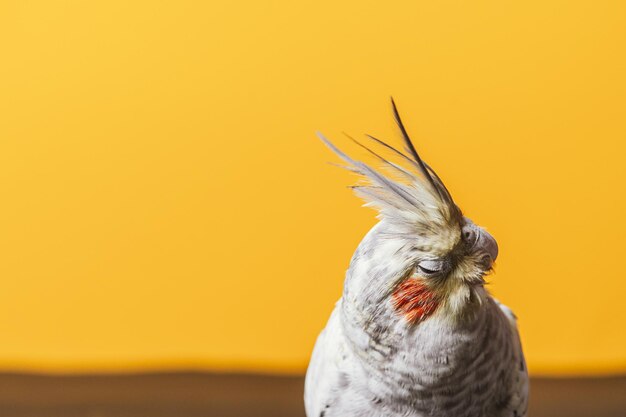10 Interesting Facts About Turkey

Did you know that turkeys have been domesticated for over 2,000 years?
In the early 16th century, turkeys were brought to Europe from the New World.
Turkeys have excellent eyesight and can see in color.
Male turkeys are called toms, while females are called hens.
Turkeys have a unique ability to change the color of their head and neck, which they use for communication.
The average turkey can run at a speed of 20-25 miles per hour.
Turkeys are social birds and enjoy being around others in their flock.
Ben Franklin once stated that he preferred the turkey as the national bird of the United States over the bald eagle.
Turkeys have a unique gobbling sound that can be heard miles away.
Wild turkeys can fly at speeds of up to 55 miles per hour.
The average weight of a turkey consumed on Thanksgiving in the United States is 16 pounds.
Turkeys have a keen sense of hearing and can differentiate between different sounds.
Turkeys are known to have excellent memory and can recognize familiar faces.
The Guinness World Record for the heaviest turkey ever recorded is 86 pounds.
The first Thanksgiving feast is believed to have included wild turkey as one of the main dishes.
Turkeys have a specialized digestive system that allows them to eat a wide variety of foods.
Turkeys have a unique courtship display, where males puff up their feathers in an attempt to attract mates.
10 Interesting Facts About Turkey part 2
Wild turkeys are incredibly agile and can jump and fly into trees to escape predators.
Turkeys have been kept as domesticated animals for their meat, feathers, and as pets.
Turkeys have a lifespan of up to 10 years in the wild.
In ancient times, the Aztecs considered turkeys to be sacred animals.
Turkeys have a highly developed sense of touch, as they have sensory receptors on their beaks.
The United States is the largest consumer of turkey meat in the world.
Turkeys have a natural instinct to roost in trees to keep safe from ground predators.
Turkeys have a distinctive snood, a fleshy protuberance that hangs down from their beak.
Turkeys have historically been associated with abundance and prosperity.
Turkeys have a unique vocal range and can make a wide variety of sounds.
Turkey feathers were often used in Native American rituals and ceremonies.
The commercial turkey industry in the United States began in the 1930s.
Turkeys have a natural instinct to stay in groups for protection.
Turkeys have a strong sense of smell, which helps them locate food sources.
Turkey eggs are larger than chicken eggs and have a speckled appearance.
Turkeys have an impressive wingspan of up to six feet.
Wild turkeys were on the brink of extinction in the early 20th century but have made a remarkable recovery.
Turkeys have been a symbol of Thanksgiving in the United States since the 19th century.
Turkeys have a unique ability to fly short distances at high speeds.
The wattle and caruncle on a turkey’s neck change color with its mood or as a form of communication.
Turkeys have a strong maternal instinct and are highly protective of their young.
Turkeys have been kept as domesticated animals for thousands of years, even predating the chicken.
Turkeys have a highly developed sense of balance and can walk on narrow surfaces.
Turkeys have a varied diet consisting of seeds, nuts, insects, and even small reptiles.
Turkeys have been featured in numerous myths, folktales, and legends throughout history.
Turkeys are capable of forming strong bonds with humans and can be quite affectionate.
The turkey’s unique feathers were sometimes used for fashion accessories in the 19th and early 20th centuries.
Turkeys have a distinctive snort-like call, which can be used to alert other members of their flock of danger.

